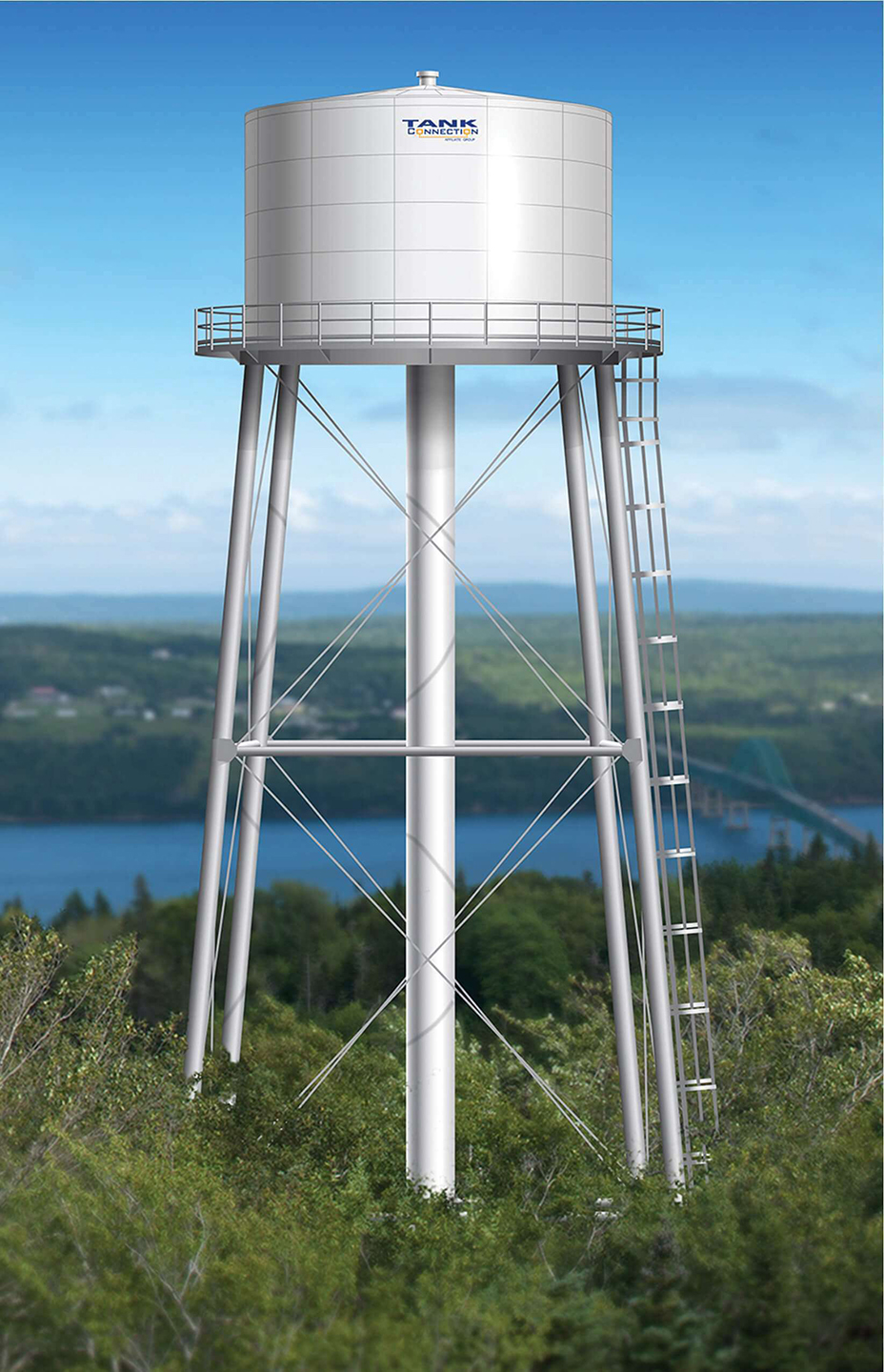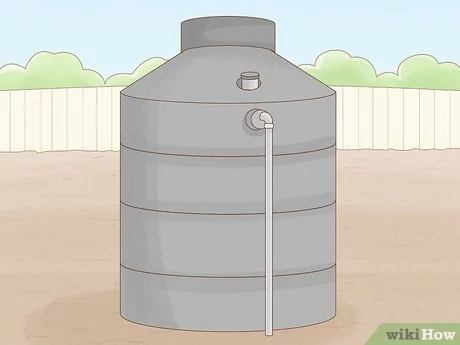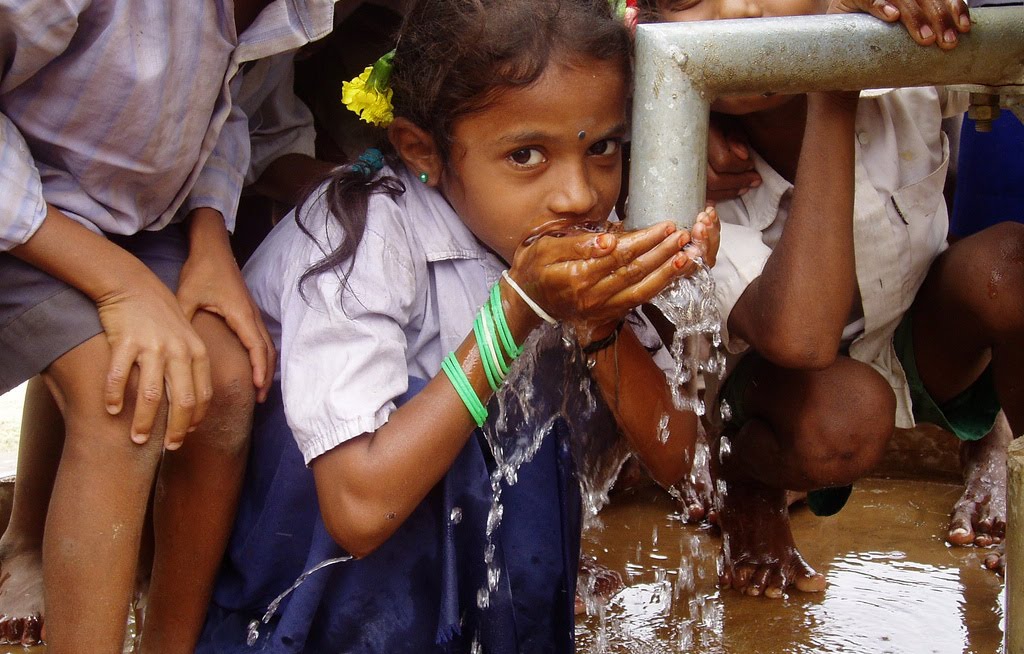Why does Trinidad have a water supply and reliability problem? Dubai which sits in the middle of the desert currently has 24 hour access to water 365 days a year. We currently pay $500 million USD a year to desalinate water, when all the water we could ever need , falls freely from the sky.
Access to clean water is a basic human right that is essential for life. In Trinidad and Tobago, this right is not guaranteed for every citizen. Despite being a country with abundant natural water resources, many people in Trinidad and Tobago lack access to safe, clean drinking water. They have deliberately broken and made your water supply systems so unmanageable with the ultimate goal of privatization. This is a serious issue that needs to be addressed.
One of the main reasons for this lack of access to clean water is the inadequate infrastructure for water distribution. In many areas of the country, the infrastructure is old and in disrepair, leading to frequent water outages and poor water quality. This is particularly true in rural areas, where many residents have to rely on wells or other sources of water that may not be safe to drink
Access to these services by every man, woman, and child is also considered a human right, not a privilege. Safe drinking water and safely managed sanitation facilities is a measure of progress against poverty, disease, and death.
41 Water Capture Systems

Every constituency will have a giant water tank constructed in the middle of the city.
The lack of access to clean water also has serious health implications. Contaminated water can lead to a range of waterborne diseases, such as cholera, typhoid, and hepatitis A. These diseases can be especially dangerous for young children, elderly people, and individuals with compromised immune systems. In addition, the lack of access to clean water can lead to other health issues, such as dehydration and malnutrition.
Rainfall Capture

Rainfall capture, also known as rainwater harvesting, is the practice of collecting and storing rainwater for later use. This technique has been used for centuries by communities around the world to provide a reliable source of clean water for drinking, irrigation, and other uses. Every Home should be supplied with their own water tanks. In recent years, with growing concerns about water scarcity and the impact of climate change on water supplies, rainfall capture has gained increased attention as a way to conserve water and reduce reliance on municipal water systems.
Rainwater harvesting can also help to reduce the strain on municipal water systems, which are often overburdened and at risk of contamination. By using rainwater for irrigation, washing, and other non-potable uses, households and businesses can reduce their demand for treated water, freeing up more of this valuable resource for essential needs.
In addition to these practical benefits, rainfall capture can also have environmental benefits. Rainwater is naturally free of chemicals and other pollutants, making it a much safer and healthier choice for irrigation and other uses than treated water from municipal systems. By using rainwater, households and businesses can help to reduce the amount of chemicals and other pollutants that are released into the environment.
Furthermore, rainfall capture can help to reduce the amount of stormwater runoff, which is a major source of water pollution. When rain falls on impervious surfaces such as roads and rooftops, it picks up pollutants and carries them into rivers, lakes, and other bodies of water. By collecting and storing rainwater, communities can prevent this runoff and help to protect the quality of their local water sources.
DESALINATION

In conclusion, access to clean water is a basic human right that should be guaranteed for every citizen of Trinidad and Tobago. The government must take urgent action to improve the infrastructure for water distribution and to make water more affordable for all citizens. By doing so, the government can help to ensure that every person in the country has access to this essential resource.
